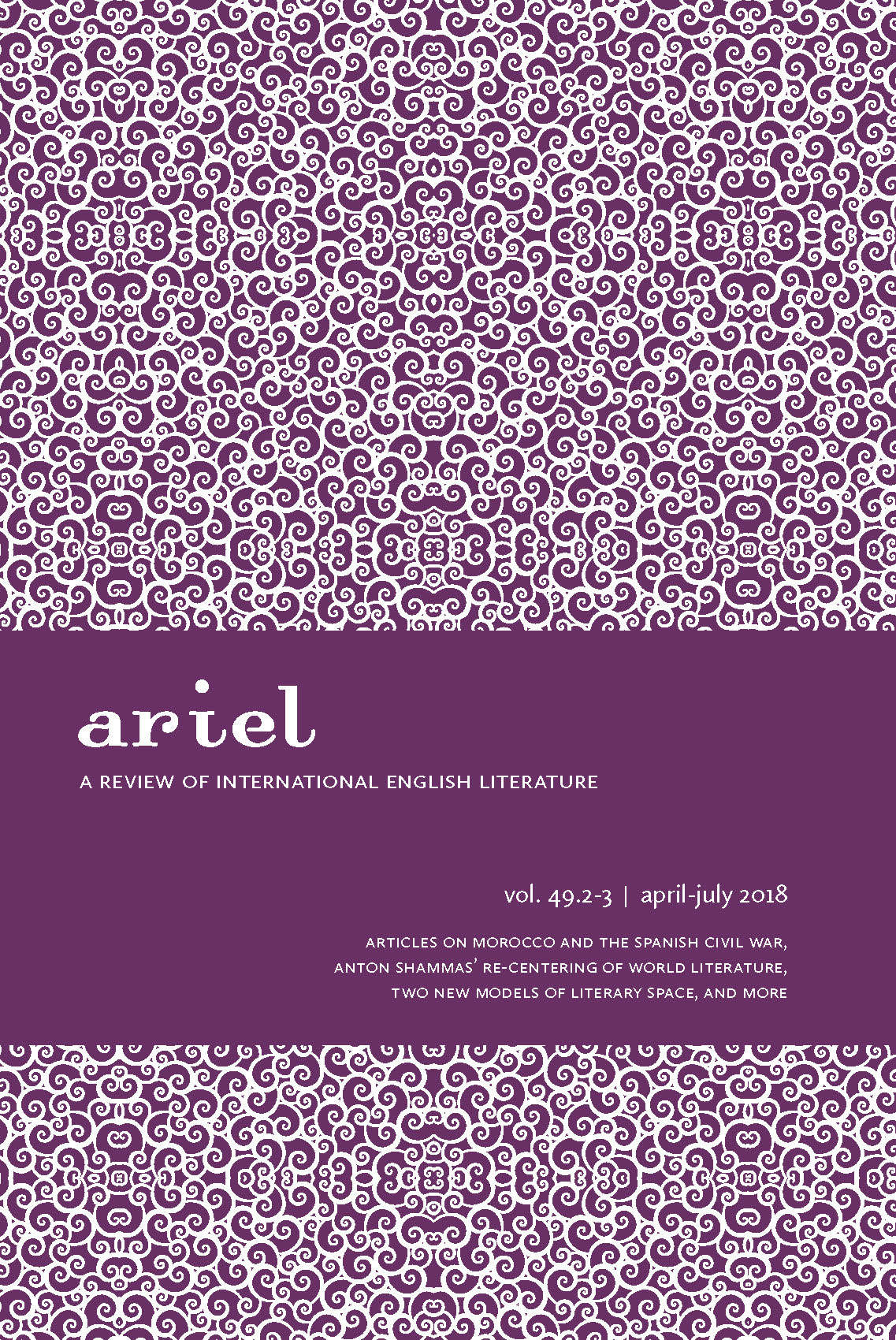Tracing Morocco: Postcolonialism and Spanish Civil War Literature
Keywords:
Spanish Civil War, postcolonialism, African diaspora, Langston Hughes, John A. WilliamsAbstract
Increasing scholarly attention to the Spanish Civil War (1936-1939) has exposed the colonial implications of the Spanish Republic’s fight against Franco’s fascist coup. The Spanish Republic’s refusal to relinquish its colonial control allowed Franco to exploit Moroccan antipathy and poverty in support of his forces. For many North American volunteers—and particularly for the hundred or so African Americans who fought in Spain—the war’s stakes were not only tied to European fascism and American racism, as Popular Front and black expatriate artists often depicted, but also to colonial relationships between Europe, Africa and the New World. This essay examines literary depictions of these colonial relationships in the works of Langston Hughes and John A. Williams, contextualizing their writings alongside fictional and biographical representations of Moroccan and African American participation by North American writers who, like Hughes, participated in the Spanish Civil War. Read together, the depictions and erasures of African diasporic contact across political lines reveal the underlying contradictions used to construct categories of racial, national, and religious difference—categories used as rallying cries on each side of the battle line. Williams’s retrospective positioning and Hughes’s writings from the war’s midst together represent the war’s stakes as yet another global conflict in which members of the African diaspora faced even greater risks and greater losses.Downloads
Additional Files
Published
2018-07-18
Issue
Section
Articles


